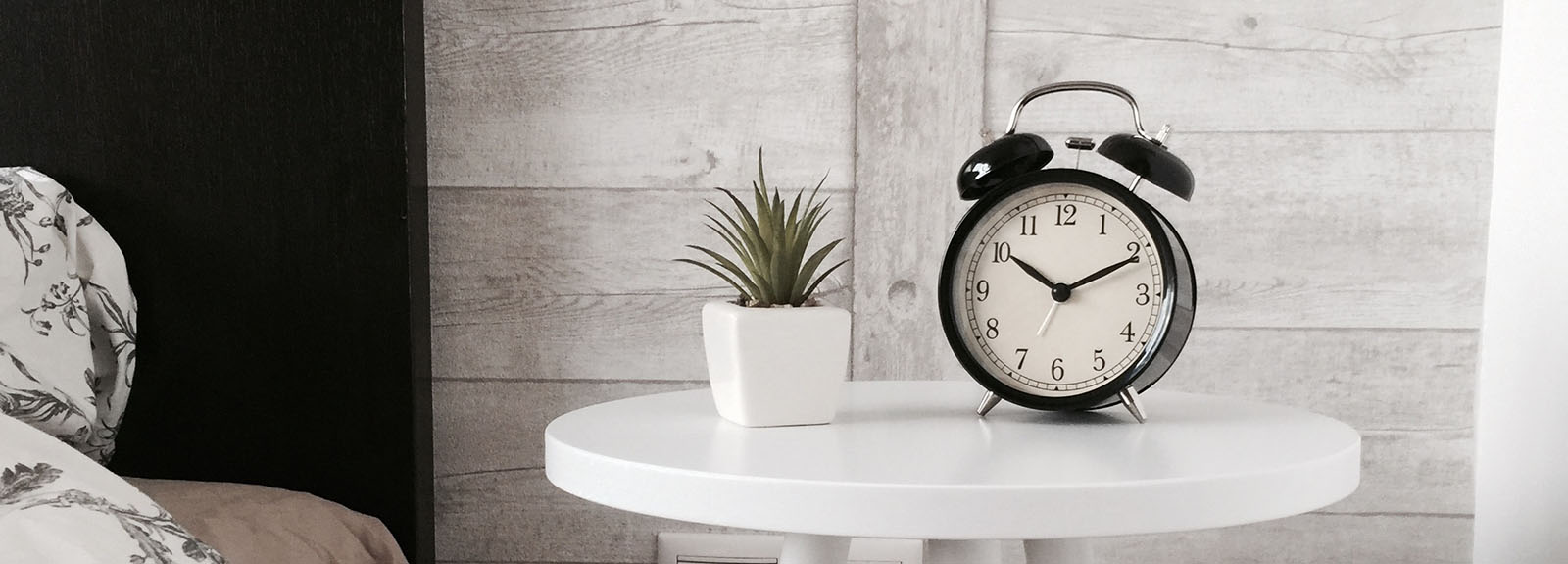- Can Animals Catch and Spread Coronavirus?
- Queen's University launches Covid-19 Research Roundtable video series
- Queen’s rising to the COVID-19 challenge: The importance of simulation in healthcare
- How much of the coronavirus does it take to make you sick? The science, explained by Dr Connor Bamford
- TEDxQueensUniversityBelfast: Adapt and Change
- Prepare to sleep and sleep to be prepared.
- Supporting Children in Isolation
- Supporting Pets During Lockdown
- Immunology and COVID-19: Shaping a better world podcast
- Global trading: the good, the bad and the essential
- Global food supply chains in times of pandemic
- The impact of lockdown on isolation and loneliness
- Cancer Care in the Era of COVID-19
- ‘Giant’ of astronomy to host live school lessons
- How the pandemic is further alienating the disabled community
- COVID-19 and Older People: Shaping a better world podcast
- Engaging your child to learn during lockdown
- Stay well: Our expert guide to wellbeing during lockdown
- Working parents are feeling the strain of lockdown
- How is coronavirus affecting animals?
- The Coronavirus Act: Where it Falls Short
- Economic rebirth after COVID-19
- Coronavirus and the new appreciation of teachers
- ‘Make room for fun’: home-schooling for parents
- Why a collaborative research culture is needed to address the COVID-19 challenge
- COVID-19: Don’t bank on a rapid economic recovery
- Explained: the importance of behavioural responses when implementing a lockdown
- COVID-19: Curbing a loneliness epidemic
- How soap kills the COVID-19 virus
- An expert’s guide to working from home
- How to exercise safely during a pandemic
- Five tricks your mind might play on you during the COVID-19 crisis
Prepare to sleep and sleep to be prepared.
To protect the mental health of our frontline health care professionals it is imperative that we focus on sleep now more than ever. Professor Chérie Armour, Professor of Psychological Trauma & Mental Health in the School of Psychology, looks at the mental health impact of a lack of sleep, particularly for frontline workers.
Sleep is fundamental to our health and wellbeing
Essentially, we all need sleep because sleep helps us to restore and optimise the functioning of our body and our brain. We know that prolonged sleep deprivation puts people at risk for serious medical conditions such as hypertension, heart disease and diabetes. A lack of sleep can result in disruptions to the immune system leaving people more prone to catching viruses such as the common cold, the flu, and in current times perhaps even COVID-19.
Sleep also affects us psychologically. Have you ever had a few restless nights and declared I don’t quite feel like myself? This is because sleep plays an important role in lots of aspects of cognitive functioning. A good night’s sleep helps us to remember things more clearly, focus, concentrate, pay attention to the important things, and make quick decisions. Sleep deprivation also influences mood, often making people more anxious and irritable.

The impact of being a frontline worker with irregular sleep and work patterns
Unfortunately, those who are working on the frontline as healthcare professionals may also be shift workers, working additional hours, and facing unprecedented circumstances where they have to make quick fire decisions resulting in life or death outcomes; for example, who does vs. doesn’t receive the care they need due to equipment shortages? These circumstances can be traumatic and can increase the risk of sleep disturbances.
There is clear evidence that experiencing sleep disruption after a trauma can be predictive of later mental ill health. We also know that the more trauma you experience the larger your risk is for adverse outcomes. We know that prolonged sleep disruption is a key component of psychological distress and disorder. Difficulty sleeping is a recognised symptom of common mental health disorders such as depression, anxiety, and posttraumatic stress disorder (PTSD). Ongoing research conducted within my team, both here in Northern Ireland and in South Africa has shown that teaching sleep skills to people who have experienced traumatic life events, improves sleep overall and importantly reduces symptoms of depression, anxiety and PTSD.

Our frontline health care workers are currently working in stressful environments, potentially being repeatedly exposed to traumatic situations and as a result are at risk for disturbed sleep, and in turn, a range of mental ill health concerns. Research clearly shows that a lack of sleep and mental ill health dramatically decreases people’s ability to perform at work. This is worrying when we currently need our frontline healthcare professionals to be at the top of their game.
We cannot be complacent and accept common phrases such as ‘you snooze you lose’, and ‘no rest for the wicked’. Nor should our frontline healthcare professionals be expected to wear their lack of sleep as a badge of honour, as is often the case for people, saying ‘I have too much to do, to sleep all night’, or ‘I don’t really need much sleep’. If ever there was a time to carefully monitor sleep, it is now. Frontline healthcare professionals should prepare to sleep as this will allow them to sleep to be prepared for the challenges they may have to face over the coming days, weeks and months. Sleeping will improve their immune systems, their overall health and wellbeing, and their ability to care for others. This should be acknowledged by organisational leaders and carefully considered in the planning of shift patterns and hours spent at work.

Supporting each other is more important now than ever
We all need to do what we can to help our frontline healthcare professionals get through this pandemic with as little impact on their mental health as possible. Thankfully, considerable efforts are underway to do this here in Northern Ireland. Indeed, a new framework has been developed and produced in partnership with the Trusts, PHA, HSCB, Department of Health and the Health Trade Unions which acknowledges that sleep is essential for staff to maintain decision-making abilities. Mental health should be on everyone’s agenda and sleep should be at the core of this.